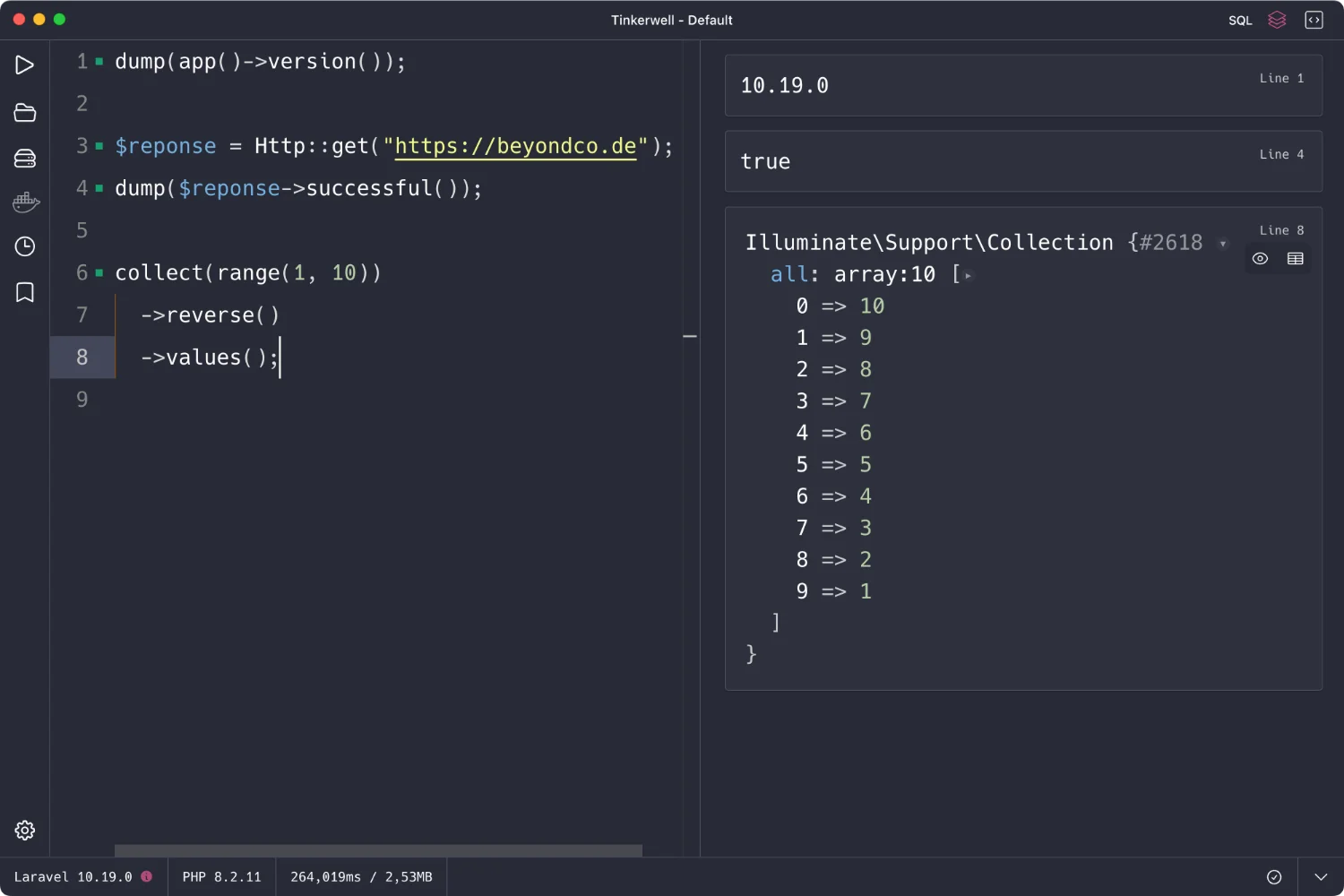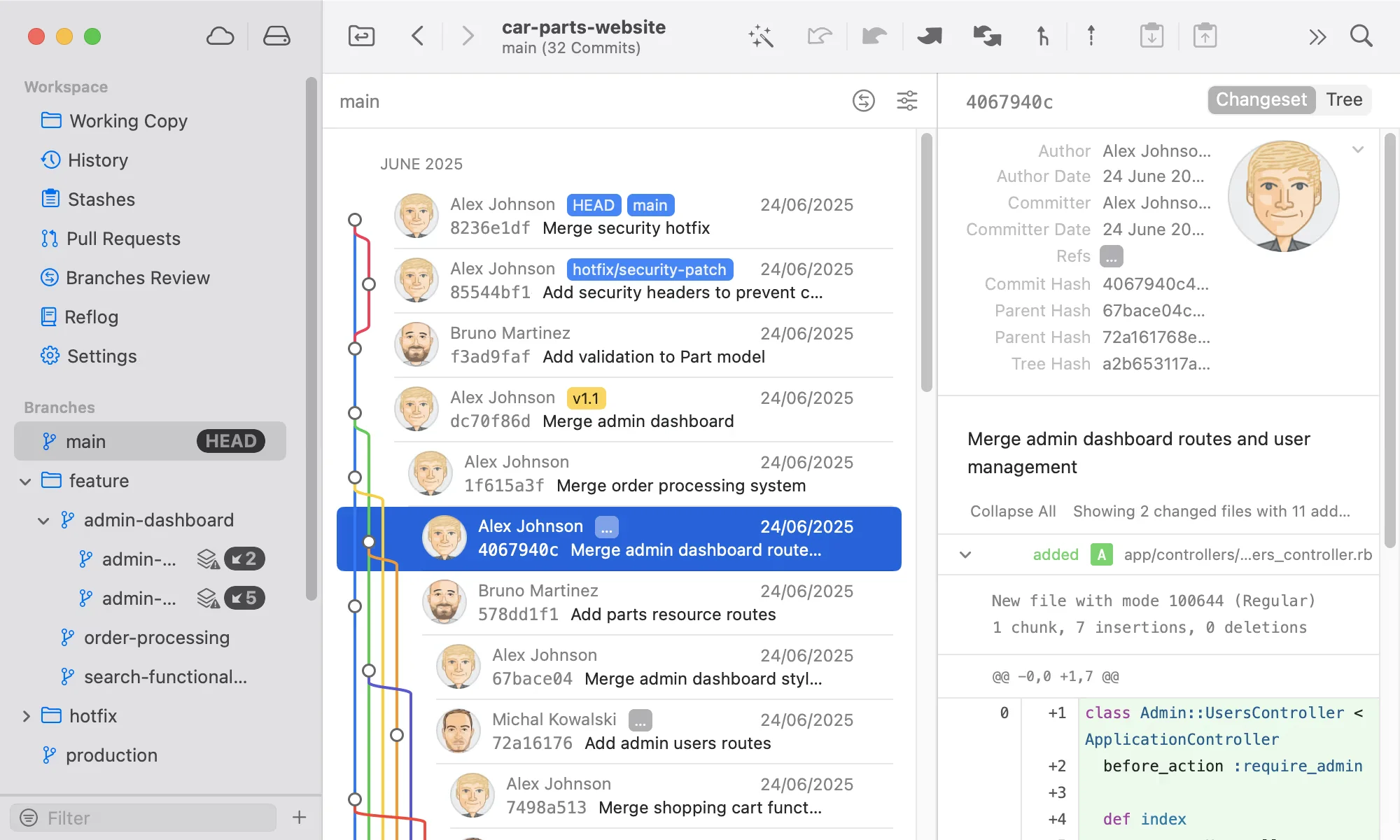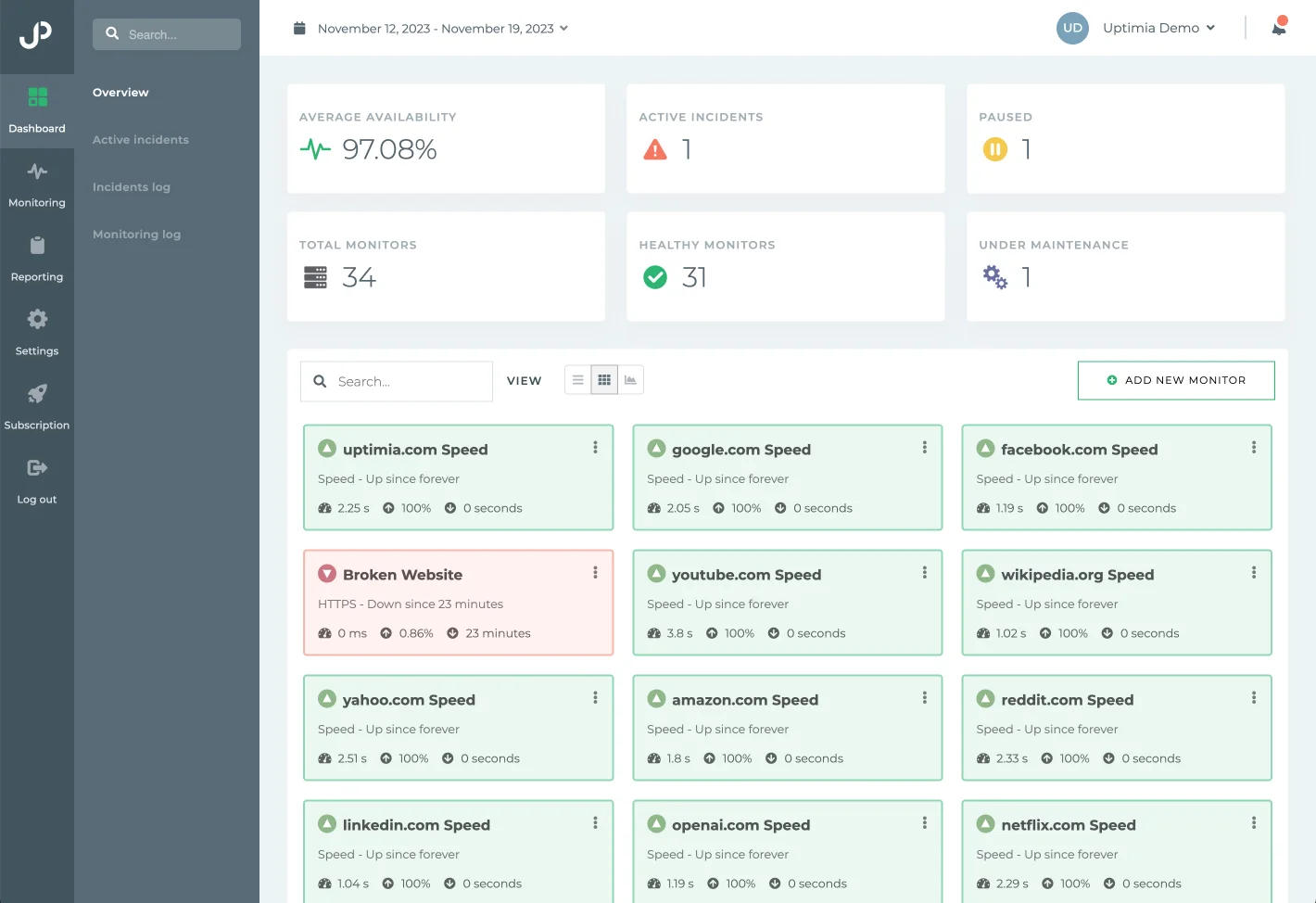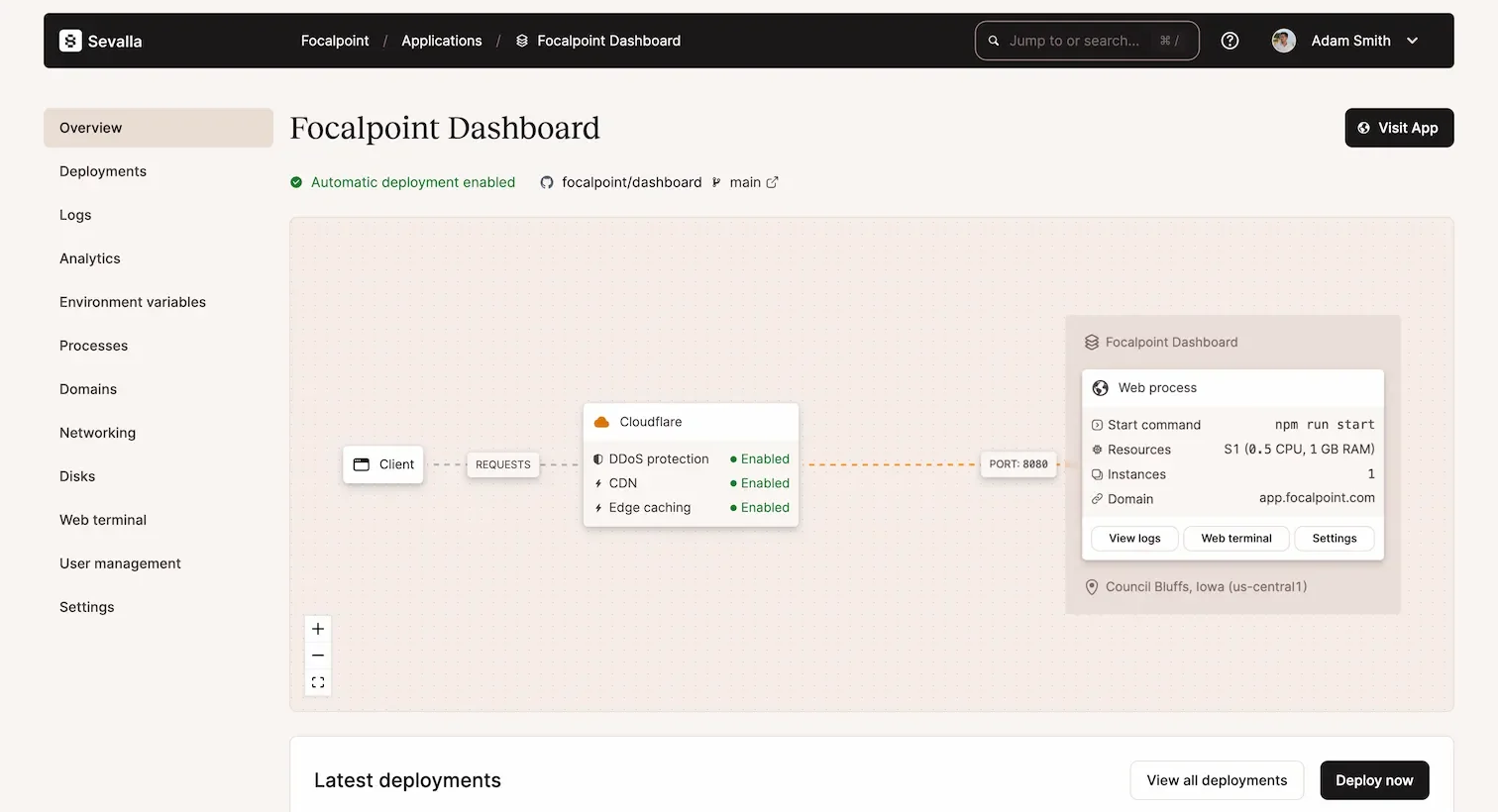
5 minutes read
PHP explode(): How you can split strings into arrays
Table of contents
Introduction
PHP’s explode() splits a string into an array using a separator you choose. It is fast and easy, and it is the tool most people use to break a list like “a, b, c” into parts. In this guide, I show you how explode() works, how the limit parameter really behaves, common edge cases, and when to use preg_split or str_getcsv instead.
Quick start:
$devices = explode(', ', 'apple tv, apple watch, imac, iphone, macbook pro'); print_r($devices); // Array ( [0] => apple tv [1] => apple watch [2] => imac [3] => iphone [4] => macbook pro )
Syntax and parameters
explode(string $separator, string $string, int $limit = PHP_INT_MAX): array
array explode(string $separator, string $string, int $limit = PHP_INT_MAX)
- separator: The boundary string to split on.
- string: The input text to split.
- limit (optional): Controls the number of array elements returned.
- If limit > 0: return at most limit elements; the last element contains the rest of the string.
- If limit = 0: treated as 1 (not “no limit”).
- If limit < 0: return all parts except the last |limit| parts.
Note on missing separators:
- If the separator is not found, explode() returns an array with the original string as a single element. With a negative limit, it returns an empty array.
What limit > 0, 0, and < 0 actually do
- limit > 0: Split up to that many elements; the last element gets the remainder.
- limit = 0: Works like 1; you get a one-element array.
- limit < 0: Drop that many parts from the end and return the rest.
Examples
Basic split by comma and by space
// Comma + space $devices = explode(', ', 'apple tv, apple watch, imac, iphone, macbook pro'); print_r($devices); // Array ( [0] => apple tv [1] => apple watch [2] => imac [3] => iphone [4] => macbook pro ) // Single space $words = explode(' ', 'split this line'); print_r($words); // Array ( [0] => split [1] => this [2] => line )
Using limit > 0, 0, and < 0 (with outputs)
// limit > 0 (2): last element holds the remainder $parts = explode(', ', 'a, b, c, d', 2); print_r($parts); // Array ( [0] => a [1] => b, c, d )
// limit = 0: treated as 1 $parts = explode(', ', 'a, b, c', 0); print_r($parts); // Array ( [0] => a, b, c )
// limit < 0 (-1): drop the last element $parts = explode(', ', 'a, b, c, d', -1); print_r($parts); // Array ( [0] => a [1] => b [2] => c )
Edge cases: missing delimiter; leading/trailing delimiters
// Separator not found. $missing = explode('|', 'no pipes here'); print_r($missing); // Array ( [0] => no pipes here ) // Separator not found with negative limit → empty array. $empty = explode('|', 'still no pipes', -1); print_r($empty); // Array ( )
// Leading and trailing delimiters produce empty elements. $around = explode(',', ',a,b,'); print_r($around); // Array ( [0] => [1] => a [2] => b [3] => )
Common pitfalls and gotchas
Empty separator (PHP 8+ ValueError)
In PHP 8+, passing an empty string as the separator throws a ValueError. Always pass a non-empty separator.
explode('', 'abc'); // ValueError in PHP 8+
Parameter order (explode vs implode)
explode() takes (separator, string) and has never supported reversed order. A common mistake is to swap them. By contrast, implode() accepts (glue, array) and also supports (array, glue).
// Wrong: explode($string, $separator) // Right: $parts = explode($separator, $string);
Trimming whitespace (array_map + trim)
When splitting CSV-like text, trim each part to remove stray spaces.
$raw = ' a , b , c '; $parts = array_map('trim', explode(',', $raw)); print_r($parts); // Array ( [0] => a [1] => b [2] => c )
explode vs alternatives
preg_split for regex or multiple delimiters
Use preg_split() when you need regex support or several delimiters at once (for example, split on commas, semicolons, or any whitespace). See the preg_split manual.
$text = "one two\tthree\nfour"; $parts = preg_split('/\s+/', $text, -1, PREG_SPLIT_NO_EMPTY); print_r($parts); // Array ( [0] => one [1] => two [2] => three [3] => four )
str_getcsv for real CSV
If your data has quotes or escaped commas, use str_getcsv() so quoted fields stay intact. See the str_getcsv manual.
$csv = '"Last, First",30,Developer'; $row = str_getcsv($csv); print_r($row); // Array ( [0] => Last, First [1] => 30 [2] => Developer )
FAQs
What happens if the separator is not found?
You get an array with the original string as the only element. If you use a negative limit, explode() returns an empty array.
Why does limit = 0 act like 1?
By design, PHP treats 0 as 1 for this function. It never means “no limit.” If you want “no limit,” omit the parameter or pass a positive number large enough.
How do I use explode with spaces or newlines?
For a single space, use explode(’ ’, $string). For multiple spaces or newlines, use preg_split() with a regex like /\s+/ to handle any whitespace.
How do I split into characters?
Use str_split() to break a string into individual characters.
Conclusion
explode() splits strings by a separator and returns an array. Remember the key rules: limit > 0 returns up to that many parts (with the remainder in the last part), limit = 0 acts like 1, and limit < 0 drops parts from the end. For regex or many delimiters, prefer preg_split(); for true CSV data, prefer str_getcsv(). If you need the reverse, join arrays with implode(). I hope this helped you use explode() with confidence. For full details, see the explode() manual.
Did you like this article? Then, keep learning:
- Understand how to check if a PHP array is empty, aiding validation after explode()
- Discover how to filter array values in PHP using array_filter(), enhancing array handling
- Learn to convert PHP arrays to JSON, useful after string splitting with explode()
- Explore array_map() to manipulate arrays returned by explode() effectively
- Learn various ways to sort arrays in PHP, useful after using explode() to create arrays
- Learn how to convert arrays back to strings with implode(), a natural complement
- Understand how to efficiently print arrays for debugging alongside explode()
- Simplify PHP code with null coalescing operator, improving clarity after explode() usage
- Master PHP string replacement with str_replace(), complementing string handling skills








0 comments